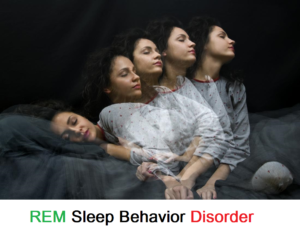Insomnia, a common sleep disorder, can wreak havoc on one’s well-being, affecting both physical and mental health. In this comprehensive guide, we’ll explore the intricacies of Insomnia, shedding light on its causes, symptoms, and providing insights into effective strategies for a restful night’s sleep. Whether you’re grappling with insomnia or seeking information for someone else, this article aims to provide valuable insights into this pervasive sleep challenge.

Insomnia Causes
Understanding the root causes of insomnia is essential for effective management. This section will explore various factors contributing to insomnia, including stress, anxiety, lifestyle choices, and underlying health conditions. Keywords like “insomnia triggers” and “sleep disturbance causes” will guide our exploration.
Insomnia Symptoms
Recognizing the symptoms of insomnia is the first step in addressing this sleep disorder. This section will delve into the hallmark signs, such as difficulty falling asleep, staying asleep, waking up too early, and experiencing fatigue during waking hours. Keywords like “insomnia indicators” and “sleep disruption symptoms” will guide our exploration.
Diagnosis and Testing for Insomnia
Accurate diagnosis is pivotal for effective management. This section will outline the “diagnosis and testing for insomnia,” including sleep studies, assessments, and sleep diaries. Keywords like “insomnia diagnosis process” and “sleep disorder testing” will underscore the importance of professional evaluation.
Insomnia Treatment Options
Addressing insomnia involves a multifaceted approach. This section will explore the “treatment options for insomnia,” including cognitive-behavioral therapy, medications, and lifestyle adjustments. Keywords like “insomnia remedies” and “Sleep Aid Solutions” will guide readers through the array of strategies.
Living with Insomnia
Coping with insomnia involves adapting to its challenges. This section will provide insights into “living with insomnia,” including sleep hygiene practices, stress management, and creating a sleep-friendly environment. Keywords like “insomnia and daily life” and “self-care for better sleep” will emphasize the importance of holistic well-being. Insomnia may present unique challenges, but with knowledge and proper management, individuals can regain control over their sleep patterns. By understanding the causes, recognizing symptoms, and adopting effective treatment strategies, those affected by insomnia can optimize their sleep quality and overall well-being. Remember, seeking the guidance of sleep specialists and healthcare professionals is crucial for personalized care and ongoing support.


